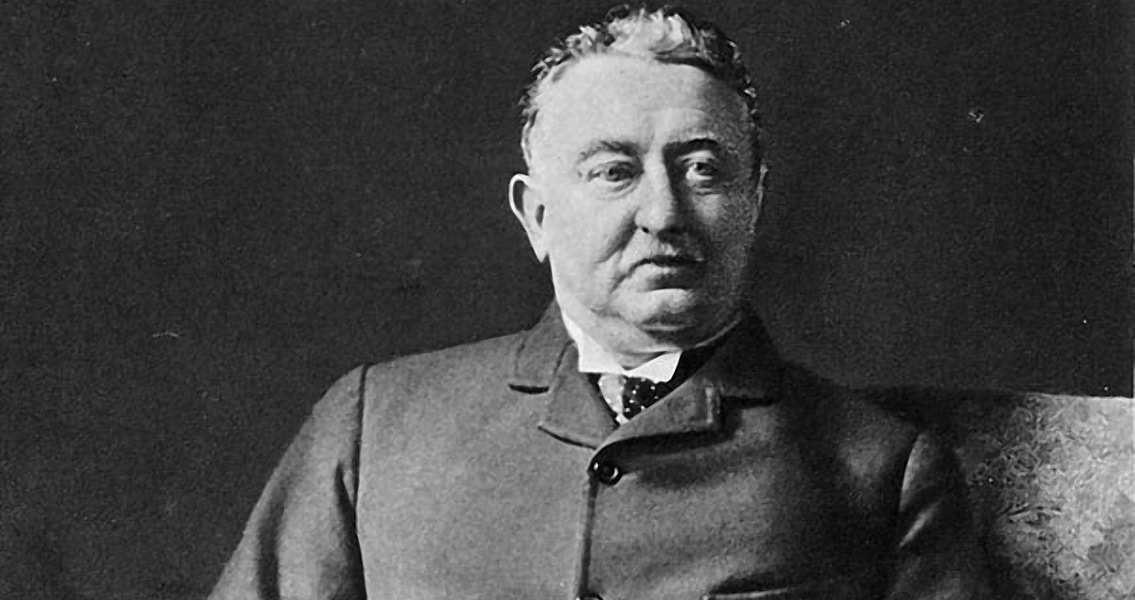<![CDATA[Cecil Rhodes was forced to resign as prime minister of the Cape Colony on 6th January 1896, his position having become untenable following his involvement in the failed Jameson Raid. A committee found that Rhodes had sanctioned and helped plan the raid which eventually led to the Second Boer War. Over the last few months Rhodes has become a hot topic, with a passionate group of students at Oxford University's Oriel College campaigning to have a statue of the nineteenth century colonialist torn down. For them, Rhodes' rule over the Cape Colony in the late nineteenth century makes him a symbol of imperial oppression and racism. Although drawing no conclusions on Rhodes' morality, or the accusations of racism thrown at him, the events leading to his resignation show that he was inextricably linked to the imperial colonialisation of Africa. The Jameson Raid, organised by Rhodes and British colonial statesman Leander Starr Jameson, attempted to overthrow the Afrikaner government of President Paul Kruger of the Transvaal Republic. Kruger had become a powerful obstacle to Rhodes' ideas of a united Africa connected with a railway running through British territory from the Cape Colony all the way to Cairo. Kruger had overseen the construction of a railway to Delagoa Bay in 1894 which allowed commercial traffic to reach Transvaal without having to go through the Cape Colony. Kruger also denied political rights to Britons and other foreigners (Uitlanders) who came to work in Transvaal gold mines, a move designed to keep the territory firmly in Afrikaner hands. A small British force launched an attack into the gold rich Transvaal Republic on 29th December 1895, but the raid soon descended into farce. All of Jameson's troops were killed or captured, having been easily rounded off by Boer Commandos. Meanwhile, the Uitlander uprising which Jameson and Rhodes had hoped to insight failed to gather any real momentum, allowing Kruger to consolidate his power. Rhodes was quickly compelled to resign almost all of his offices, not only in the Cape Colony but also in the chartered company which was ultimately the source of his influence. Even before the Jameson Raid, Rhodes was a highly controversial figure, one often associated with the horrors of apartheid. He worked to enact laws which severely restructured society and politics in the Cape Colony to the benefit of Europeans colonialists. The 1892 Franchise and Ballot Act limited the native vote by educational and financial criteria, effectively removing huge swathes from the political process. The 1894 Glen Grey Act allotted certain areas exclusively for development by Africans. In practice, these laws set about institutionalising segregation. Passing moral judgement on a figure who died over a century ago is of course a cause of ferocious debate, due to different times having different concepts of right and wrong. What the events leading up to Rhodes' 1896 resignation show clearly however, is that he was fully immersed in the aggressive colonialisation of Africa. A leading, almost archetypal figure of a dark component of European and African history. ]]>
Cecil Rhodes Resigns After Failed Coup
